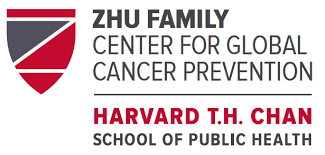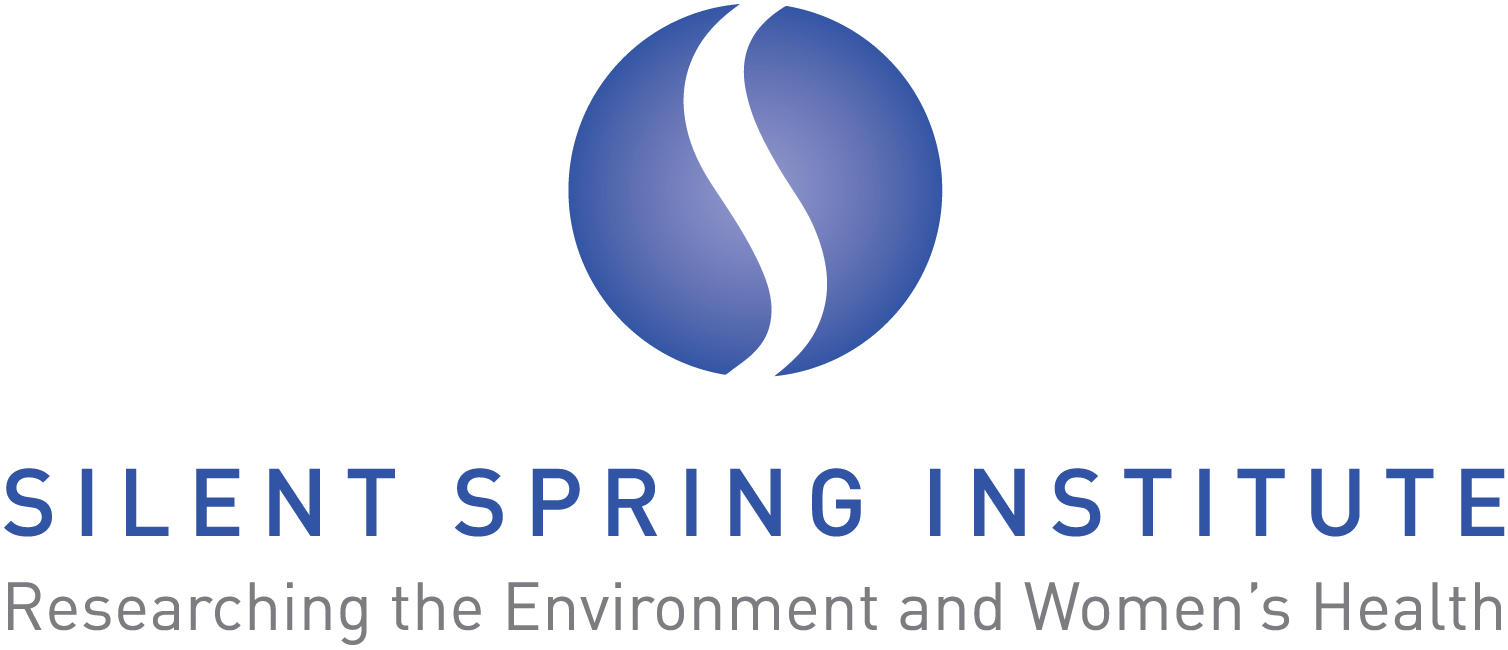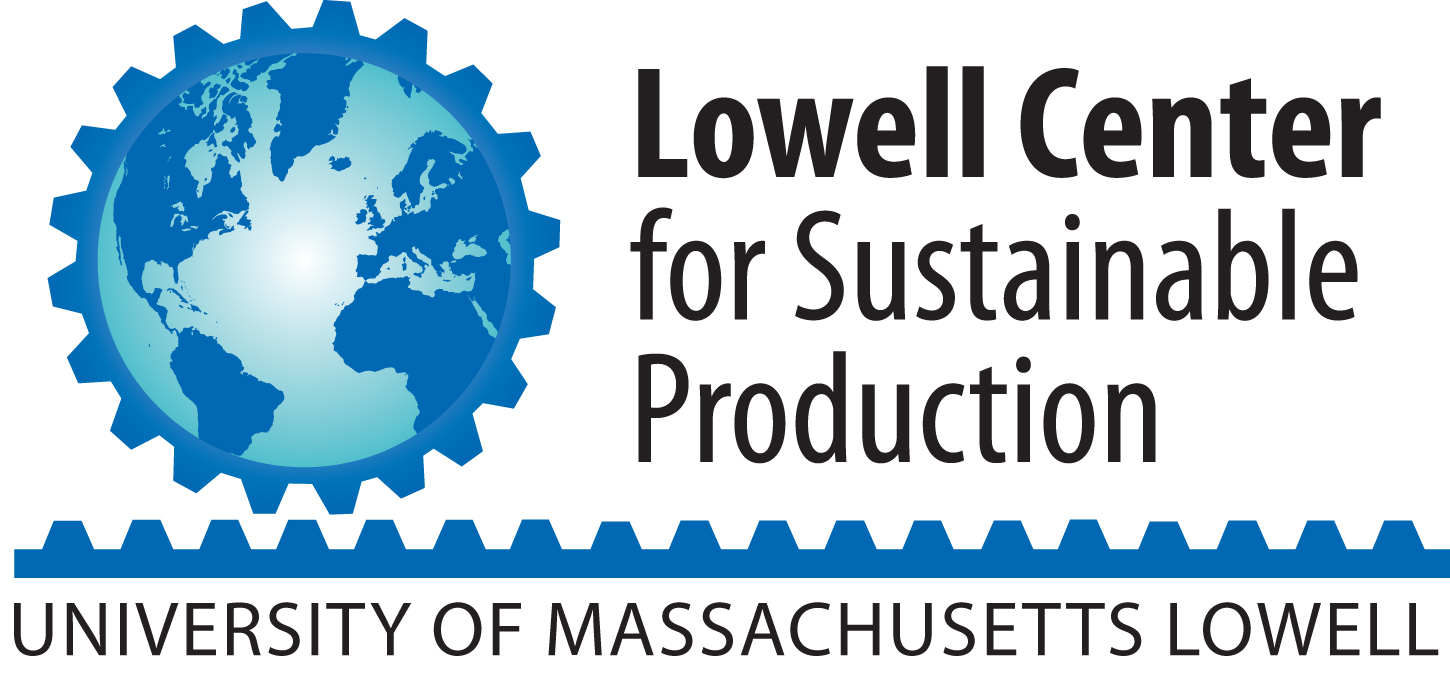Session 1: February 3, 2022 - 12:00 to 2:00 pm
SERIES DESCRIPTION
In this three-session online course, participants will learn about the new science on the influence of environmental chemicals on cancer. The sessions are aimed at clinicians and also will be informative for policy makers, cancer researchers, and members of the public. Clinicians will be better able to answer patient questions, and they will gain skills in engaging in population-level policy change and community-based public health initiatives.
SESSION 1 DESCRIPTION
What are the new ideas about how chemicals cause cancer, and how should we think about risk?
Target Audience
This activity is intended for clinicians & care providers from across all medical specialties.
Learning Objectives
Upon completion of this activity, participants will be able to:
- 1. Distinguish and employ skills for talking with patients to answer questions about the causes of cancer based on emerging scientific research.
- 2. Review how to contact appropriate public health professionals about suspected unusual occurrences of cancer in communities.
- 3. Identify how to support patients in participating in a public health investigation.
Additional Information
Dana-Farber Cancer Institute, DF/HCC Center for Cancer Equity and Engagement, Silent Spring Institute, UMass Lowell/Lowell Center for Sustainable Production, Cancer Free Economy Network & Mass General Brigham






![]()
February 3, 2020 | 12:00 - 2:00 PM ET
Session 1: What are the new ideas about how chemicals cause cancer, and how should we think about risk?
Welcome: Setting the stage for an exploration of cancer and environment.
- Timothy Rebbeck, PhD - Dana-Farber Cancer Institute and Harvard T.H. Chan School of Public Health
- Trailer for Unacceptable Risk: Dr. Margaret Kripke on Cancer and the Environment
Speakers:
- Kate Z. Guyton, PhD - National Academies of Sciences, Engineering, and Medicine
- Key characteristics of carcinogens. What are the tools we have now to identify carcinogens, including chemicals not considered to be “complete carcinogens” that may contribute to cancer?
- Mary Beth Terry, PhD - Columbia University, Mailman School of Public Health and Irving Cancer Center
- Precision Prevention: Gene X Environment Interactions: PAHs and the Breast Cancer Family Cohort.
Panel: How do chemically induced cancers appear in the clinic? A “case study” of the Wilmington, Massachusetts childhood cancer cluster.
- Moderator Richard Clapp, ScD - first Director of the Massachusetts Cancer Registry and Professor Emeritus at Boston University School of Public Health, will lead a discussion with stakeholders in the Wilmington, Massachusetts childhood cancer cluster.
Timothy Rebbeck, PhD
Vincent L. Gregory, Jr. Professor of Cancer Prevention
Director, Zhu Family Center for Global Cancer Prevention
Harvard T.H. Chan School of Public Health and Dana-Farber Cancer Institute
Boston, MA
Kate Z. Guyton, PhD
National Academy of Science, Engineering, and Medicine
Washington, D.C.
Mary Beth Terry, PhD
Columbia University, Mailman School of Public Health and Irving Cancer Center
New York, New York
Dick Clapp, DSc, MPH - Panel Moderator
Former Director, Massachusetts Cancer Registry
Professor Emeritus, Boston University
Boston, MA
Kathleen Barry, PT, DPT - Panelist
Community Liaison and Advocate
Wilmington, MA Childhood Cancer Cluster
Brian Dellascio - Panelist
Cancer Survivor and Patient Advocate
Wilmington, MA Childhood Cancer Cluster
Marc A. Nascarella, MS, PhD, CPH - Panelist
Director, Environmental Toxicology Program
Massachusetts Department of Public Health
Boston, MA
In support of improving patient care, Mass General Brigham is jointly accredited by the Accreditation Council for Continuing Medical Education (ACCME), the Accreditation Council for Pharmacy Education (ACPE), and the American Nurses Credentialing Center (ANCC), to provide continuing education for the healthcare team.
Mass General Brigham designates this live activity for a maximum of 2.00 AMA PRA Category 1 Credits™. Physicians should claim only the credit commensurate with the extent of their participation in the activity.
Credit Designation Statement
2 Contact Hours of Nursing Continuing Professional Development (NCPD), will be awarded for attending each presentation in its entirety and completing an evaluation.
Approval Statement
Dana-Farber Cancer Institute is approved as a provider of nursing continuing professional development by the American Nurses Association Massachusetts, an accredited approver by the American Nurses Credentialing Center’s Commission on Accreditation
Available Credit
- 2.00 AMA PRA Category 1 Credit™
- 2.00 Nursing Contact Hours
- 2.00 Participation

 Facebook
Facebook X
X LinkedIn
LinkedIn Forward
Forward